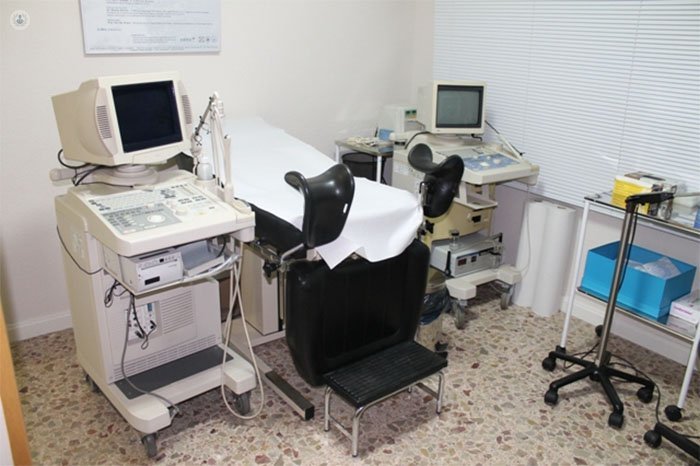3 frequently asked questions about gynecological examination
Written by:The gynecological examination is the set of tests performed by the specialist in Gynecology to study the health of the female reproductive system. Today, it is vital to get checked regularly to ensure that women have a good health and prevent or diagnose any disease in time.

Why is it important to undergo a gynecological examination?
Cervical cancer is one of the major diseases that can be diagnosed by gynecological examination. In addition, since the human papillomavirus (HPV) is the cause needed to develop this type of cancer, in recent years has raised the possibility of introducing HPV testing as a screening test. Other gynecological cancers such as uterine body can be evaluated from abnormal bleeding. However, the only method of early diagnosis of ovarian cancer is the ultrasound examination, conducted systematically during the periodic review in consultation.
On the other hand, breast cancer is the most common type of cancer in women, so it is very important to undergo regular mammography screening systematic. Any sign of suspicion in the breasts such as lumps, discharge or retractions must be studied in consultation.
In addition to the early diagnosis of cancer, gynecological examination the patient healthy attend other aspects of the different stages of life of women. The contraceptive advice, the preconception period and perimenopause or postmenopause are key objectives that the assessment and advice are essential gynecologist use to improve the quality of life of the patient.
How often it is recommended to undergo a gynecological examination?
The guidelines of the Spanish Society of Gynaecology and Obstetrics, in line with European and American guidelines on health programs, recommend starting cytological screening at age 25 in women who have already started their sex. It is established, generally after two consecutive annual Pap tests, intervals between Pap smears can be set between 2 and 3 years until the age of 65 years.
To detect and advise on other cancers and the various aspects of life of women in which we can influence, intervals should be determined in a personalized way depending on age and risk factors. In this sense, it could keep the recommendation of annual or biannual review that has traditionally been considered.
What is the gynecological examination?
The gynecological examination usually focuses on the following aspects:
- Medical history of the patient
- Exploration of internal and external genital tract
- Cytology (if necessary, also a sample to determine the presence of high risk HPV)
- vaginal ultrasound
- breast examination
- Abdominal ultrasound (in women who have not had sex and other specific cases)
- Other analytical or testing as breast ultrasound, mammography or vaginal culture


